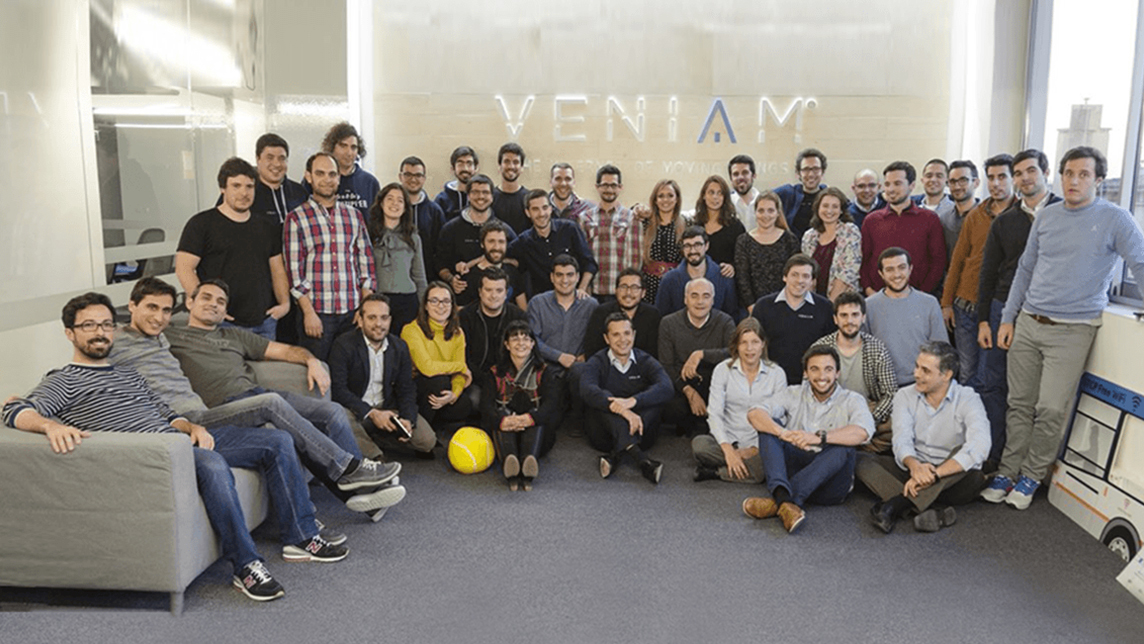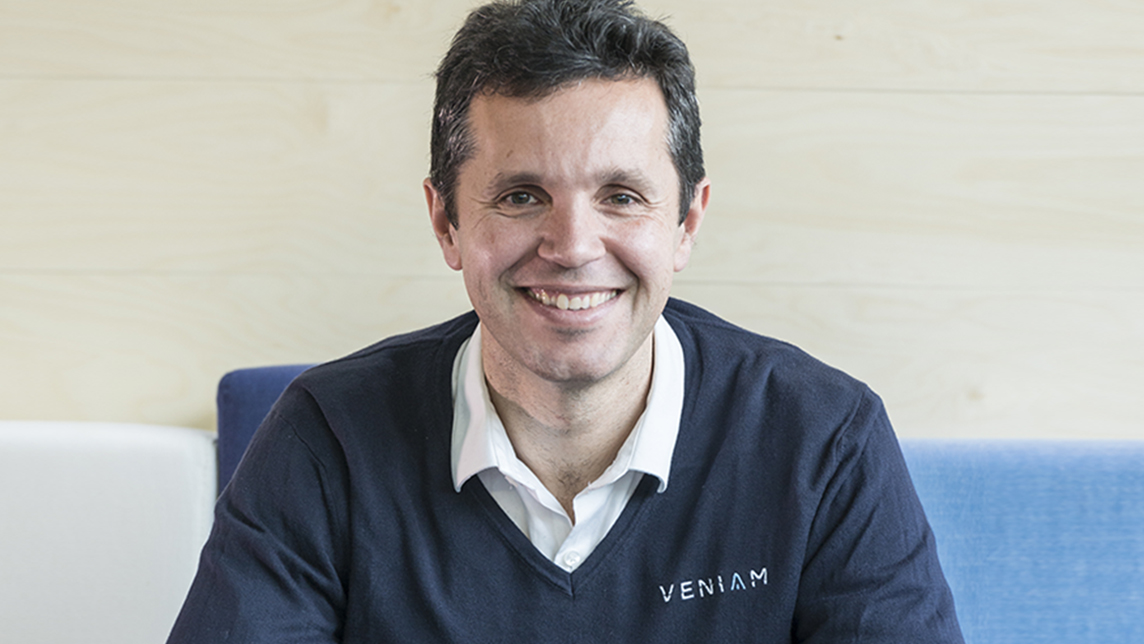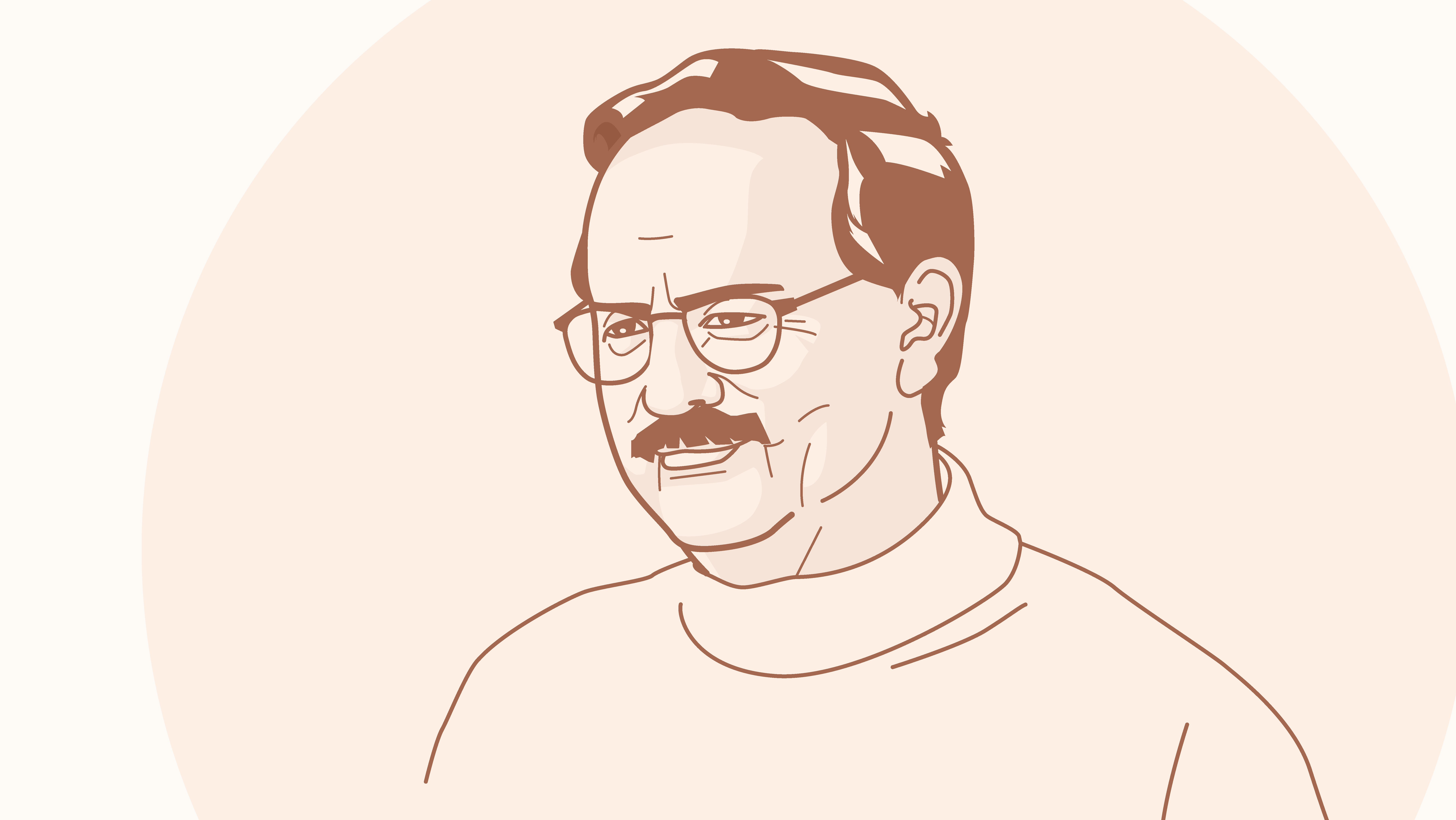Imagine cars and buses that "talk" to each other to avoid accidents. That also give you fast, free Wi-Fi, while collecting and sending out alerts on traffic conditions, air quality and other information valuable for urban planners.
Already, this is closer to reality than you think. A scientist and his startup from Portugal have come up with a technology that connects moving vehicles to one another in mesh wireless networks, carrying terabytes of data. Under this setup, vehicles also double as mobile Wi-Fi hotspots and data collection points.
“Veniam is looking at vehicles in a very different way,” said João Barros, the scientist, on the company he co-founded and heads as CEO. “We see them not just as machines that carry people and goods from one point to another… [but] also operating as the city’s wireless infrastructure.”
Because this wireless infrastructure is a mobile one made up of moving vehicles – as opposed to access points in fixed locations, like your home router – coverage is expandable and the connectivity seamless. It is cheaper too – 12 times less than using cellular networks, said Barros.
Veniam’s technology is already powering vehicle fleets in Porto, New York and Singapore. As it continues to enlarge its geographical reach, Veniam is also poised to enter its next market: self-driving vehicles.
“We have been in deep discussions with the main carmakers that are putting a dent right now in future mobility and autonomous vehicles,” Barros, who is also an electrical and computer engineering professor at the University of Porto, told CompassList in an interview.
“Longer term, our business model is to do large product co-development projects with auto OEMs and large Tier-1 suppliers – to incorporate the Veniam technology into the reference architecture for connected vehicles, particularly autonomous vehicles.”
4,000 gigabytes per car
Automakers are in a race to build the self-driving car. Tesla, currently the world’s largest carmaker by market capitalization, anticipates that such vehicles will be the new norm in 10 years.
Self-driving vehicles will produce massive amounts of data – about 4,000 gigabytes per average car per day by 2020, Intel estimates. The ability of Veniam’s platform to transport terabytes of data could help connect these cars, on top of moving data to and from the cloud.
The company’s strategy, Barros said, is to learn from the fleets and transport providers of today by deploying its mesh networks at scale. With all the data captured today, Veniam can then help design the mobility infrastructure of tomorrow, i.e., connected autonomous vehicles.
In Veniam’s home city of Porto, in Portugal, the technology has been running successfully since 2014. Currently, it connects over 480,000 active users there in what is the world’s largest network of connected vehicles.
Local buses, taxis and garbage trucks are each equipped with the Veniam NetRider box. The boxes receive wireless signals from the city’s optical fibre network – a connection tapped and extended by other Veniam-equipped vehicles farther away, forming a mesh network. The box runs on three radio signals – cellular, Wi-Fi and DSRC (a signal that creates a wireless network between vehicles). Cellular is a backup option.
Besides providing free Wi-Fi for its clients’ commuters, Veniam also offers advertising solutions and smart city applications, all linked to the cloud. It charges a monthly fee per vehicle.
2018 financing “very likely”
Veniam is also co-founded by Robin Chase, the co-founder and former CEO of Zipcar; Roy Russell, the founding CTO of Zipcar; and Susana Sargento, a professor at the University of Aveiro.
The company has raised more than US$30 million to date, making it the most funded Portuguese startup founded after 2011, according to a 2017 report jointly released by the accelerator BGI and EIT Digital, the digital arm of the European Institute of Innovation and Technology.
It is backed by some of the world’s biggest names in telecommunications and networking, namely, Verizon, Cisco, Orange and Liberty Global. Its venture capital investors include True Ventures, Union Square Ventures and Cane Investments.
While 2017 is a year for executing their growth plan – especially since Veniam is “already in revenue” and has “a stable runway” – Barros conceded: “But of course, as a founder I keep good relationships with the investors throughout the year, so it’s very likely that we’ll raise another round in 2018”.
Another growth avenue for Veniam is industrial spaces, such as ports, airports and mines. The port of Leixões in Portugal and PSA Singapore, which runs the world’s second-largest container port by shipping volume, are its clients.
“Veniam’s mesh technology is able to overcome the wireless dead zones between containers,” said Barros, “to provide [port operators] with the type of real-time communication that is needed to ensure perfect coordination among different people and machines, so that the port is operating at maximum efficiency.”
Amid such rapid expansion, the Veniam team has been “doubling consistently every six months”, with Barros expecting their headcount to reach 100 in the first quarter of next year. The company also recently moved into its new premises in downtown Porto, spanning about 1,500 square meters.
For all that Veniam has achieved so far, it’s “just the beginning of what we call the Internet of Moving Things”, Barros said.
“In the future you can imagine robots, drones, all kinds of machines, that are moving and connecting to the Internet. And that’s changing how the Internet operates.”
















